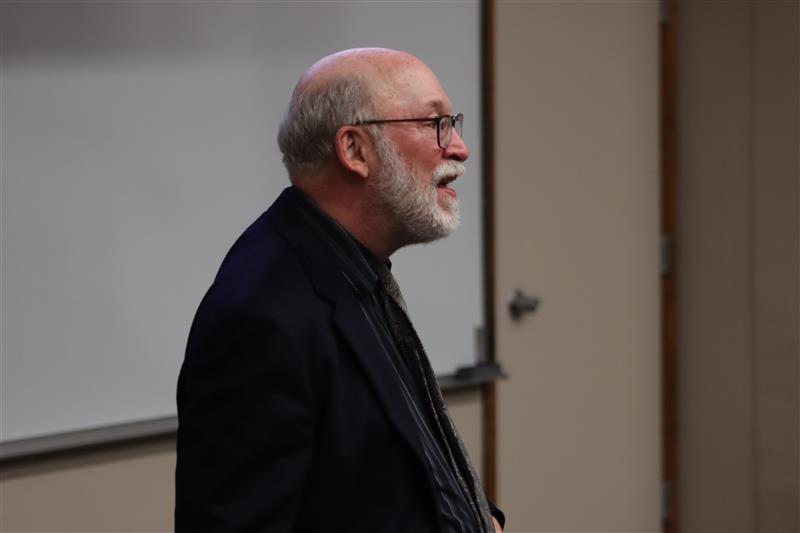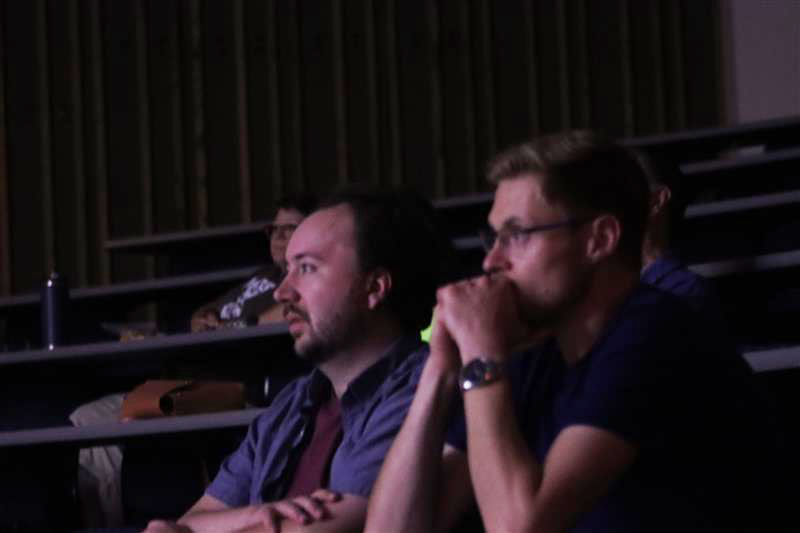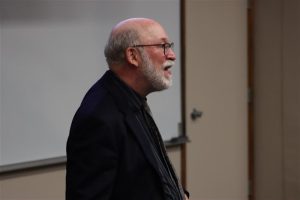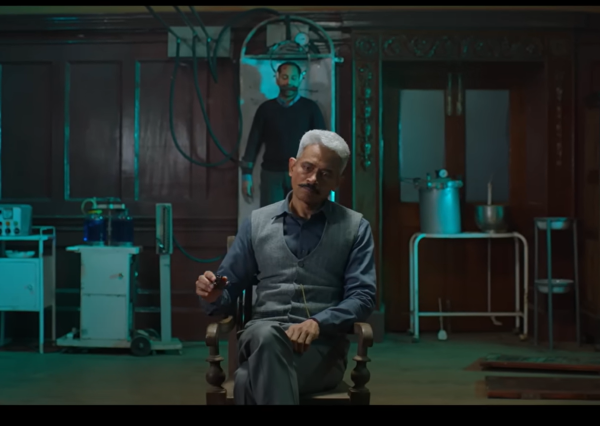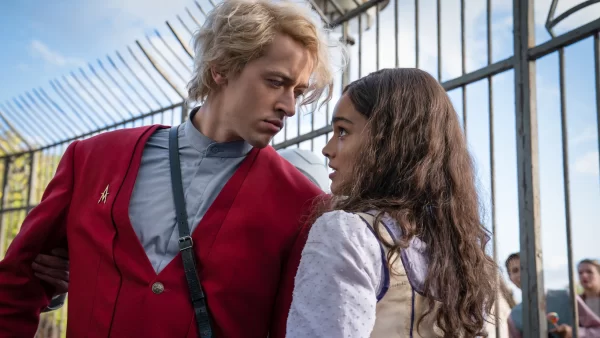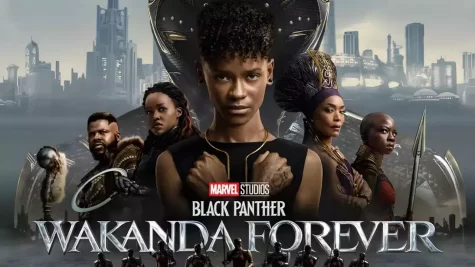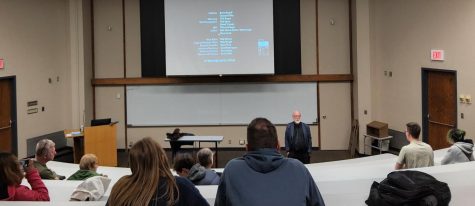Historical film captivates the audience
On Aug. 29, Phi Alpha Theta hosted a historical movie night where “Vera Drake” was presented in Henderson 112. Along with Tom Prasch, professor and chair of history and geography, and many other film enthusiasts, I found the movie night to be an informative event which gave me a great understanding of social and class dynamics.
A period drama film directed without a script, Mike Leigh’s “Vera Drake” is a threatening image of what the past was like for Britain and what the future might hold for women in America.
“Vera Drake” accurately conveys the historical context of 1950s Britain by presenting post-war Britain with details entailing a kettle pot. It presents characters with an unflinching honesty by emphasizing the story of a naive woman who gets tangled with unjust laws.
The film explores the life of a working woman with resolute honesty and remarkable realism. Vera (as played by Imelda Staunton) is a jolly woman who — as her husband puts it — has a heart of gold. Vera — who exudes love and compassion — is a cheerful person who works as a cleaning lady in rich houses and also performs abortions for free on women in need of help. The movie goes on to tell the stories of women who were left battered and bruised by men and by life being helped by Vera with a syringe, carbolic soap, oil and liquid disinfectant.
“Vera Drake” tells a parallel story with that of a rich girl, Susan (played by Sally Hawkins), who is capable of paying a large sum for an abortion. The lack of options for the poor women is contrasted with the situation of Susan, who gets to see a private doctor and a psychiatrist. With this distinction of accessibility to a particular group in the movie, a clear image of differential impact based on class is portrayed with absolute sophistication.
The ending presents our protagonist with a gripping vulnerability that left me with a heavy heart incapable of accepting the consequences she faces. I felt sympathy for her but at the same time was contemplating how aware she was of her actions and its illegality. With a juxtaposition of Vera’s crime and her ordinary life as a mother and a wife, I saw a heart breaking image of a kind woman trying her best to help women in a gender biased society.
When asked what he would tell viewers before watching the movie, Prasch mentioned two things specifically: part of the filmmaking procedure and the history of the film’s setting.
“I’d like to talk about Mike Leigh’s method where the script emerges collaboratively through a rehearsal process, and at least a little about post-war Britain which was still far from economic recovery, feeling the austerity, still under rationing,” said Prasch. “Also, [it was] a period in which abortion was illegal, but that had different impacts for different classes.”
“Regardless of one’s personal views on abortion, you can’t help but feel sympathy for the women and girls who sought her services, as they lacked the financial and social status to seek legal recourse,” said Eleanor Jones, secretary of Phi Alpha Theta. “I think ‘Vera Drake’ is a stark reminder that the world can be unfair at times, but that some risks are worth taking if you feel strongly enough that what you’re doing is right.”
I think “Vera Drake” gives an impeccable representation of the danger projected onto poor communities by illegalization of standard commodities. I find the scene where Vera’s son addresses her work as ‘killing children’ but Vera addresses it as ‘helping women’ to be the most evocative one, as Leigh presents the situation less as pro- or anti-abortion, but more as a presentation of views and people suffering because of them. The movie presents the pragmatic morality and solicitude Vera carries for justification of her actions, which I think is important to observe now more than ever.
With an emotionally resonant drama filled with enduring strength of loyalty and love, Mike Leigh has given us a brilliant portrait of a woman with genuine goodness by shedding light on a very important topic at the same time.
Edited by Justin Shepard, Simran Shrestha
Your donation will support the student journalists of Washburn University. Your contribution will allow us to purchase equipment and cover our annual website hosting costs.




